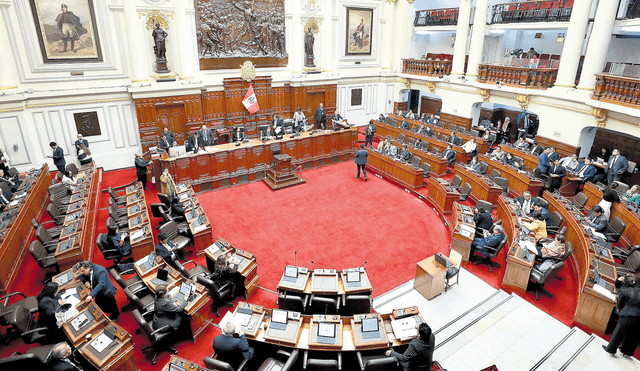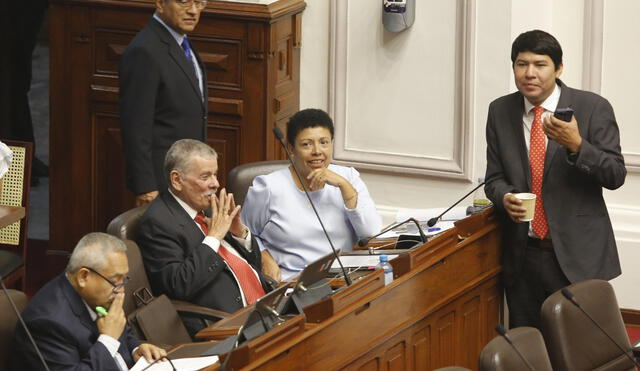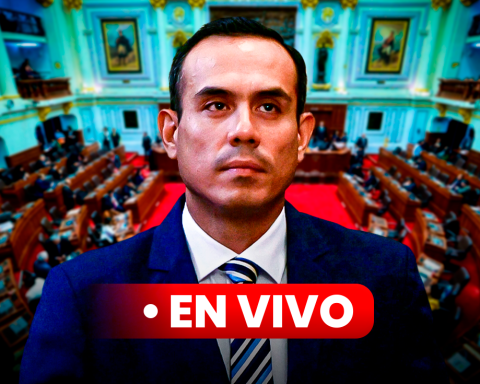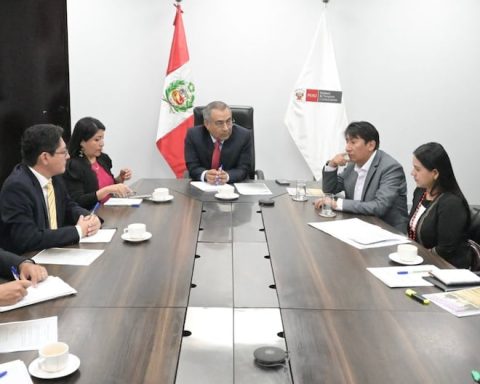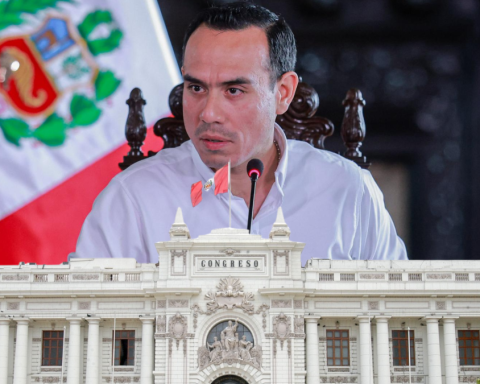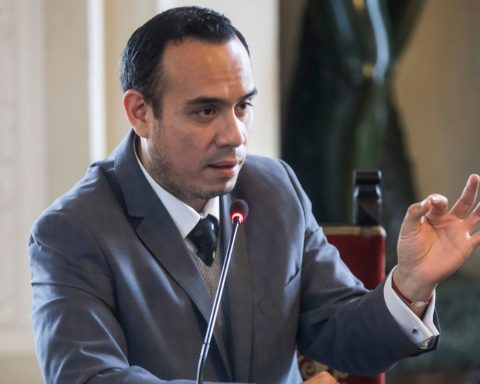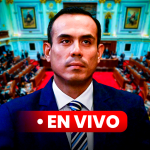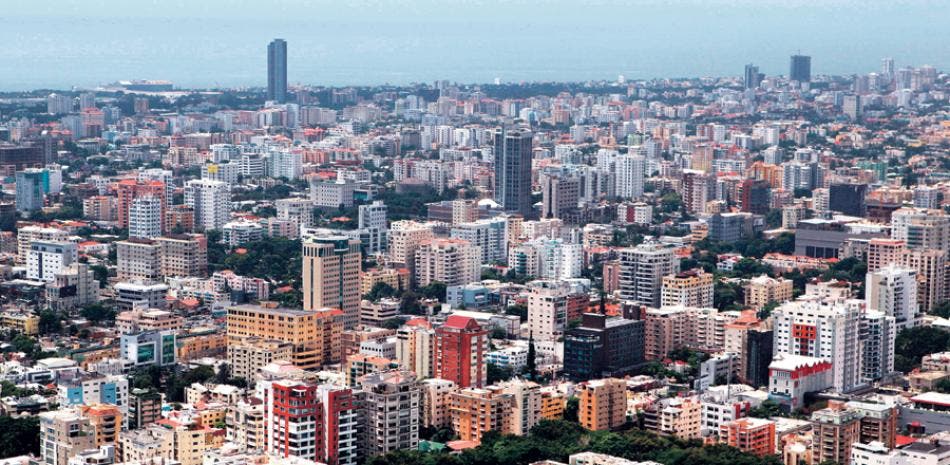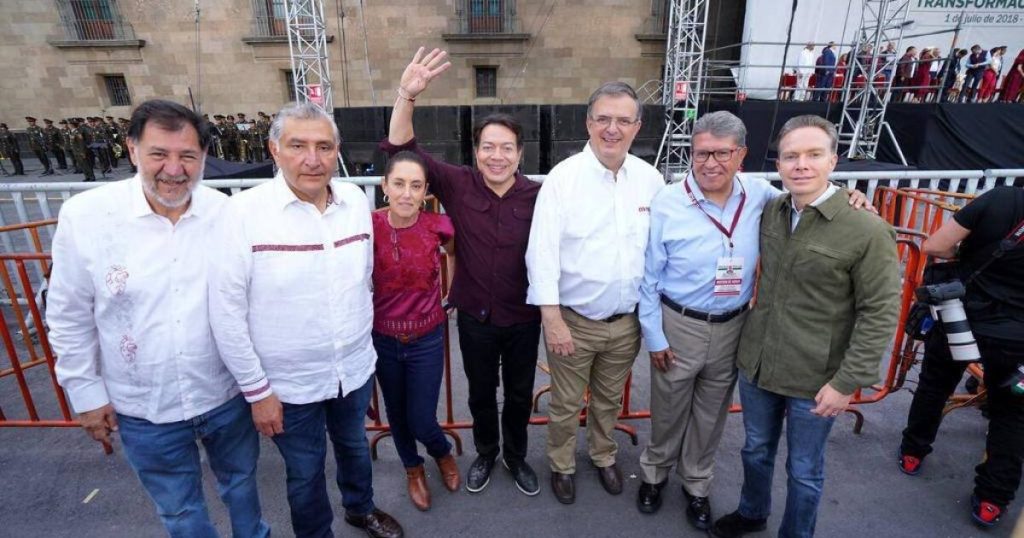The modification of the New Constitutional Procedural Code comes from a proposal promoted by the Constitutional Commission of Congress, chaired by the Fujimori Fernando Rospigliosi. This law contemplates two controversial changes that have generated concern: first, decreases the number of votes necessary in the Constitutional Court (TC) for the resolution of jurisdictional conflicts; Secondly, it establishes restrictions to reverse decisions adopted by Congress in constitutional impeachment processes.
Last week, while Various business unions demanded the repeal of Law 32108 pro-organized crimethe Board of Congressional Spokespersons held a virtual session to expand the agenda of topics to be discussed in the Plenary Session. Eight spokespersons signed in favor of including in the discussion the opinion that modifies the New Constitutional Procedural Code.
This is a proposal that adds to Congress’ attacks against the judicial system.
The impact on the JNJ case
As is known, in March of this year the Plenary approved a constitutional accusation against the magistrates of the National Board of Justice (JNJ), Ines Tello and Aldo Vasquez. The sanction imposed as part of that impeachment trial was disqualification from public service. That caused Tello and Vásquez to leave their positions immediately. Later they filed a request for protection against that verdict before the Judiciary (PJ).
A precautionary measure allowed jurists Tello and Vásquez to temporarily return to the JNJ. Congress considered that the Judiciary violated its functions and filed a jurisdictional claim in the Constitutional Court (TC). This institution decided to maintain the dismissal until the conflict is resolved.
However, the Judiciary later resolved the underlying issue in the protection claim and ordered that Tello and Vásquez rejoin the JNJ after an irregular disqualification. In Congress they wait for the TC to reverse that ruling and validate the constitutional accusation to remove the two magistrates.
The jurisdictional demands They are resolved with five votes in the plenary session of the TC. The law that modifies the New Constitutional Procedural Code reduces those necessary votes to four. Thus the fence is reduced. Congress intends to use that rule to tip the balance in its favor in the resolution of the conflict over the JNJ case and thus separate Tello and Vásquez.
This Friday there will be a hearing at the TC and Judge Vásquez will be heard. By that day, Congress could have already approved this law.
Blank check for constitutional charges
The other modification of this Fujimori ruling is that it stipulates that the actions of Congress as part of its political control – among them the constitutional impeachment processes – and other decisions, such as the election of senior officials, are not subject to judicial control.
Judges who receive requests for protection against the actions of Congress cannot be processed.
The jurists Heber Joel Campos and Beatriz Ramírez have explained that this part of the project empowers constitutional accusations because high and former officials subject to complaints from Congress will not be able to reverse the accusations in the judicial forum, if they consider that they violated due process. process and your rights.
In Parliament There is a list of high and former officials in the crosshairs of the Subcommittee on Constitutional Accusations (SAC) with complaints pending resolution: the president of the National Elections Jury (JNE), Jorge Salas Arenas; former president Francisco Sagasti and former ministers José Elice and Mirtha Vásquez.
The last three face impeachment proceedings for alleged constitutional violations. In this scenario, the maximum sanction contemplated is disqualification from public service, which could leave them out of the race if they participate in the 2026 general elections.
This law could generate a scenario of persecution against officials who detract from Congress. There is a history of decisions taken by this institution that were reversed in court due to irregularities detected.
In June of last year the supreme prosecutor Zoraida Avalos was disqualified after a constitutional accusation for not having investigated former president Pedro Castillo. Ávalos defended his rights in the judicial system and He demonstrated that Congress’s decision was arbitrary and returned to office.
Judges Tello and Vásquez were also able to defend themselves through a request for protection.
With a law of these characteristics, the officials accused by Congress will have their hands tied.
Furthermore, Campos explained, the way in which Congress elects the members of the TC, the ombudsman, the comptroller, among other senior officials, cannot be questioned in the judicial system either.
As is known, last year the election of the Ombudsman, José Gutiérrez, was questioned. In previous years, the election of TC members was also a matter of observation.
That’s what this new blow from Congress is about.
Congress plans to debate a new blow against the judicial system and urban terrorism law
This Wednesday, October 9, the Plenary Session of Congress will meet starting at 3 in the afternoon. On its agenda is the opinion that modifies the New Constitutional Procedural Code. This counter-reform is scheduled to be debated this week. A simple majority of votes is enough for it to be approved.
Likewise, this October 9 and 10, the opinions that seek to classify the crime of urban terrorism would be debated. According to the agenda of the Plenary Session of Congress, the Executive bill that sought to criminalize peaceful protests was not included. The opinions of the 17 bills continue in the same situation, since last week it was decided to move to an interim quarter, as soon as the debate began. This project has been strongly criticized by experts in organized crime and citizen security, who point out that its implementation would have no impact on reducing the rate of extortion and other crimes.
